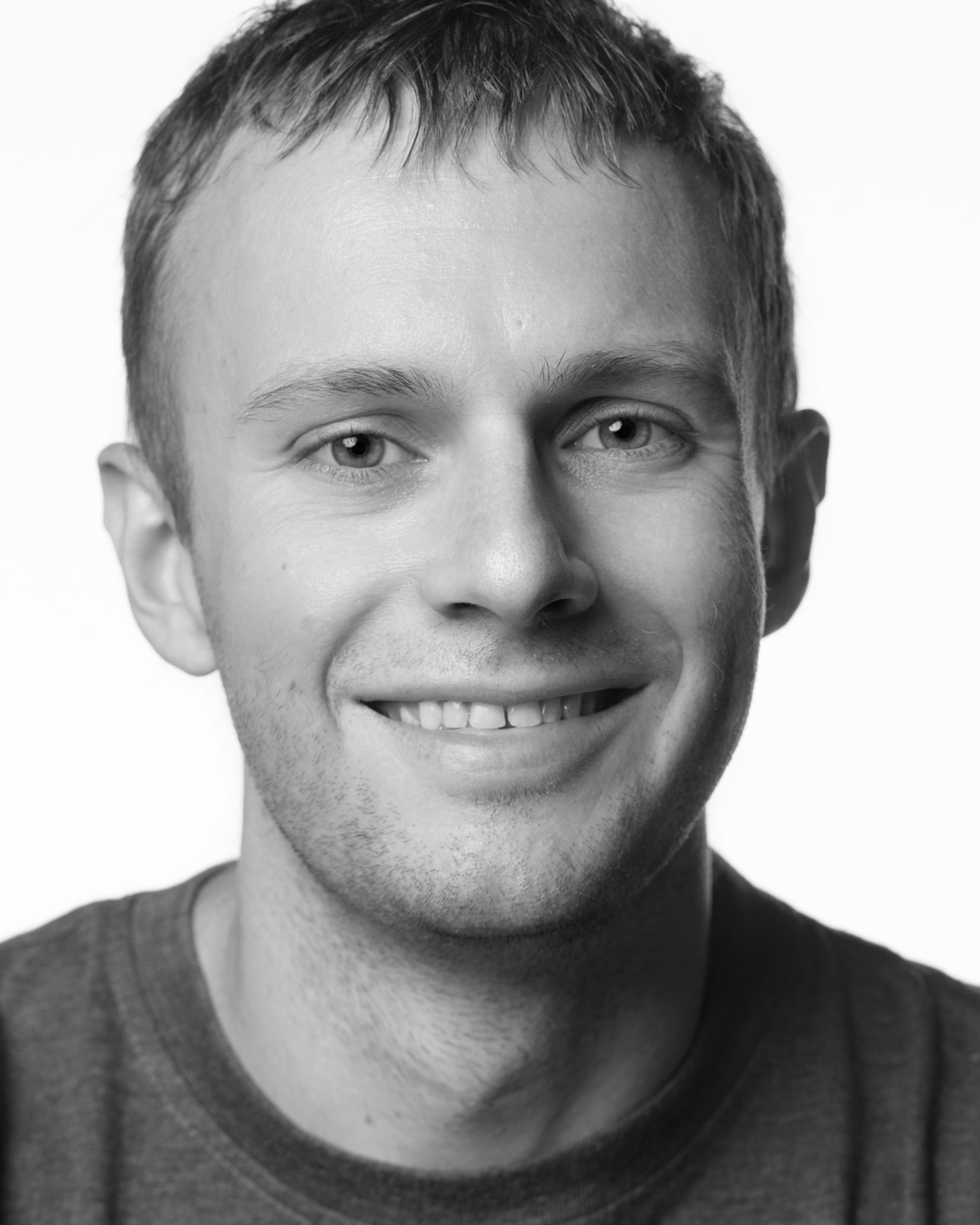
University of Cambridge, United Kingdom
DUNE is a new experiment, and I love seeing it growing up, getting bigger and bigger. It’s a good size, too: It’s not too small, it’s not too big, so you get to know most of the people, and you can do lots of different projects in different areas. I decided to do physics after military school, which I joined when I was 16. After three years, when I was done with the academy, I realized I wanted to study science instead of pursing the military career as an officer. I chose physics because I could be free to study a variety of possible fields. And it isn’t all high-tech. The first time I started working in a lab in Switzerland, my very first task was to take some bricks and move them from place A to place B. I did that for two hours. It was just manual labor. It was good, in a way: You see that real labs aren’t all high-tech. A real lab is a lot of dust, a lot of hard work, it’s sometimes uncomfortable. There was no daylight because we were in the basement. I learned something from that.